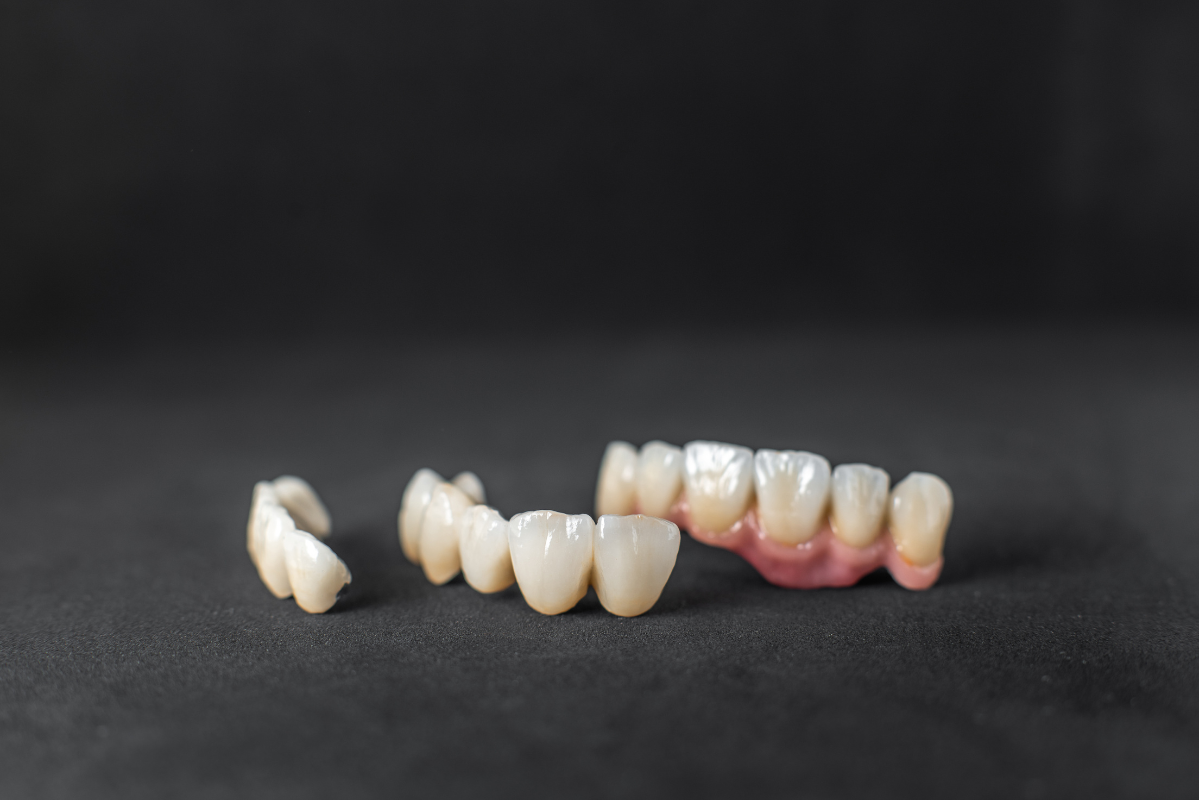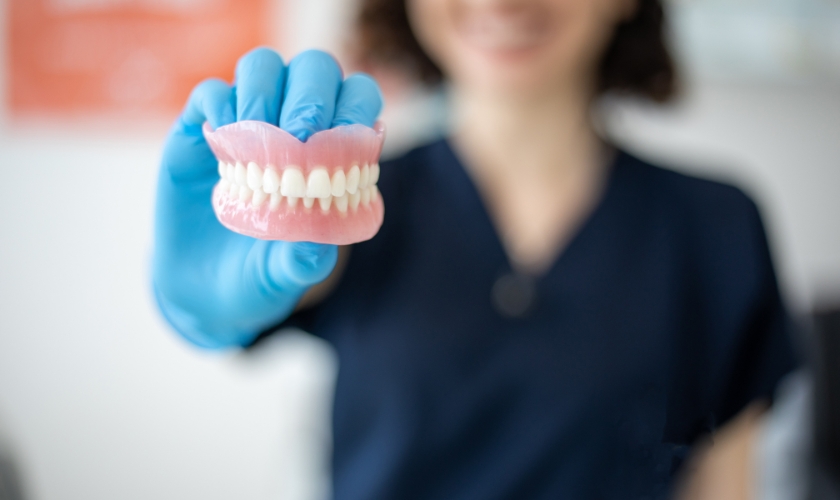
Do Dentures Protect Your Jawbone or Cause More Damage?
August 21, 2024
Dentures
Dentures are a popular solution for replacing missing teeth, offering aesthetic benefits and functional support. However, there’s a persistent debate on whether they protect your jawbone or potentially cause more damage over time. Understanding the relationship between dentures and jawbone health is crucial when considering long-term dental health options.
How Your Jawbone Changes When Teeth Are Lost
When you lose natural teeth, your jawbone begins to shrink due to a lack of stimulation. This process, called bone resorption, happens because the roots of your teeth stimulate the jawbone during everyday activities like chewing. Without this stimulation, the body assumes the bone is no longer needed, leading to a gradual loss of bone mass.
Dentures and Their Effect on Bone Resorption
Dentures are designed to replace missing teeth, restoring the look and function of your smile. However, they do not provide the same stimulation to your jawbone as natural teeth or dental implants do. While they may help you chew and speak more easily, dentures don’t stop the process of bone resorption, which can continue even after you start wearing them.
In fact, long-term denture use can accelerate bone loss in some cases. As the jawbone shrinks, the denture fit becomes less secure, leading to discomfort and the need for frequent adjustments. Loose dentures may rub against the gums and bone, causing irritation, which can further impact bone health.
Immediate Benefits of Wearing Dentures
Despite their limitations in preventing bone loss, dentures offer several immediate advantages. For many people, dentures restore confidence by filling in gaps caused by missing teeth, enhancing both appearance and self-esteem. They also help improve speech and chewing ability, allowing you to eat a wider variety of foods.
Another benefit is that dentures support facial muscles, which helps maintain the structure of your face. Without this support, your cheeks and lips may begin to sag, giving you an older appearance. In this sense, dentures do provide some protection against facial collapse caused by tooth loss.
The Long-Term Impact of Dentures on Jaw Health
Over time, the shrinking jawbone can affect how well your dentures fit. Poorly fitting dentures can lead to more issues than just discomfort. They may place uneven pressure on your jaw, leading to sore spots, infections, and more rapid bone loss. As the bone continues to erode, your dentures may require relining or replacement to fit properly again.
The problem is that this cycle of bone loss and denture adjustment may never end. Some people may experience significant jawbone deterioration over the years, making it harder to keep dentures in place without adhesives or additional dental work.
Denture Alternatives to Consider
While dentures provide a solution for many, they are not the only option available. Modern dental implants offer a more effective way to preserve jawbone health. Unlike dentures, implants are surgically placed into the jawbone, providing the necessary stimulation to prevent bone resorption.
Implants fuse with the bone, functioning like natural tooth roots. This fusion helps maintain bone mass, offering a long-term solution that dentures cannot provide. However, dental implants may not be suitable for everyone, particularly if significant bone loss has already occurred.
Another option is implant-supported dentures. These are a hybrid between traditional dentures and implants. They offer more stability than regular dentures because they are anchored to implants, reducing bone loss while still replacing multiple teeth.
How to Minimize Jawbone Damage with Dentures
If you choose to wear dentures, there are steps you can take to minimize potential damage to your jawbone. First, make sure your dentures are properly fitted and regularly adjusted by your dentist. Poorly fitting dentures can increase the pressure on certain areas of your jaw, speeding up bone loss.
Additionally, consider pairing your dentures with bone preservation techniques such as bone grafting or using supplements that promote bone health. Regular dental checkups are also essential. Your dentist can monitor changes in your jawbone and recommend adjustments or treatments to keep your dentures fitting well.
Finally, staying informed about new developments in dental technology can open doors to other potential treatments that may offer better outcomes for your jawbone health in the future.
Can Dentures Still Be a Good Option?
Despite the challenges, dentures remain a good option for many people, especially if other solutions like implants are not feasible. They are a cost-effective and non-invasive way to restore function and appearance after tooth loss. However, understanding their limitations and the potential impact on your jawbone is essential for making an informed decision.
If preserving your jawbone is a top priority, speak with your dentist about alternative treatments, such as implants or implant-supported dentures. They can help you weigh the pros and cons of each option and develop a plan that meets your specific needs.
Final Thoughts
Dentures can be a helpful solution for those who have lost multiple teeth, but they may not fully protect your jawbone over the long term. While they offer immediate benefits like improved appearance and functionality, they do not provide the same stimulation to the bone as natural teeth or dental implants. This can lead to ongoing bone resorption, requiring frequent adjustments or replacements. If you’re concerned about jawbone health, consult a Matthews dentist for guidance on the best options for preserving your smile and your bone structure.
More Blog Posts
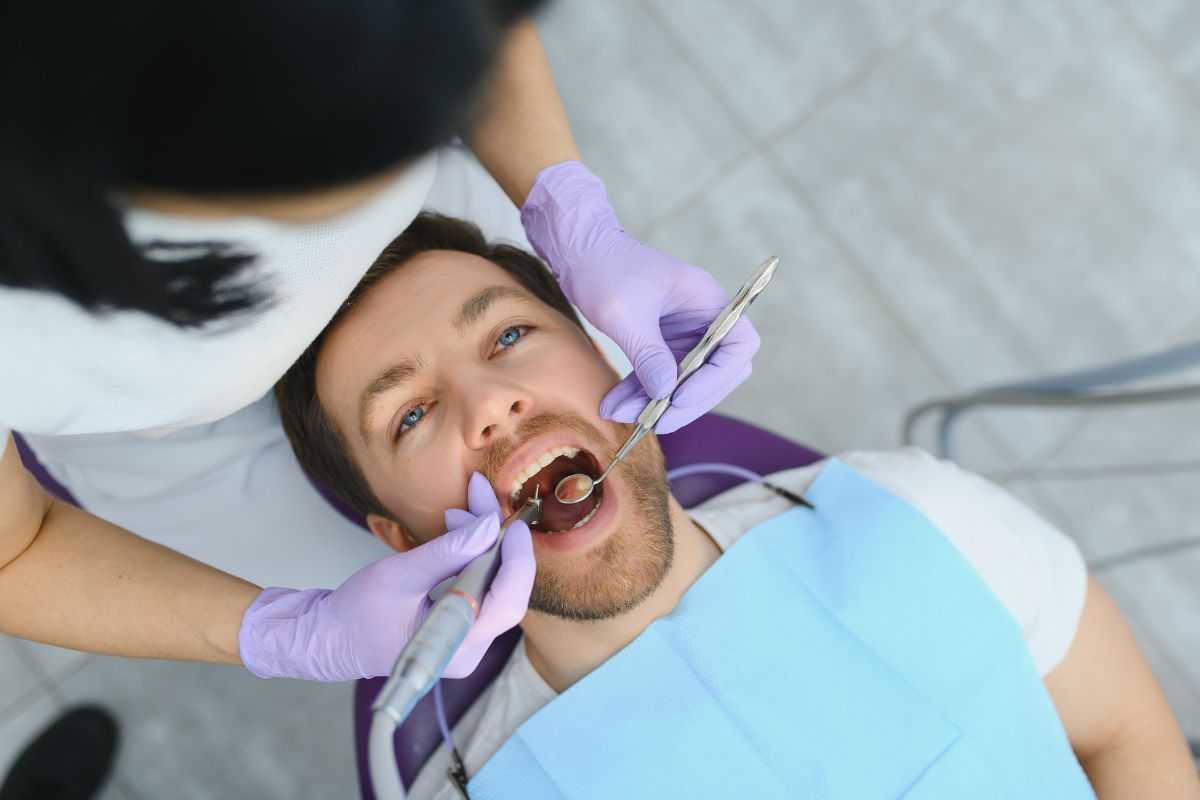
Composite vs. Amalgam Fillings: Which Is Better for Your Smile?
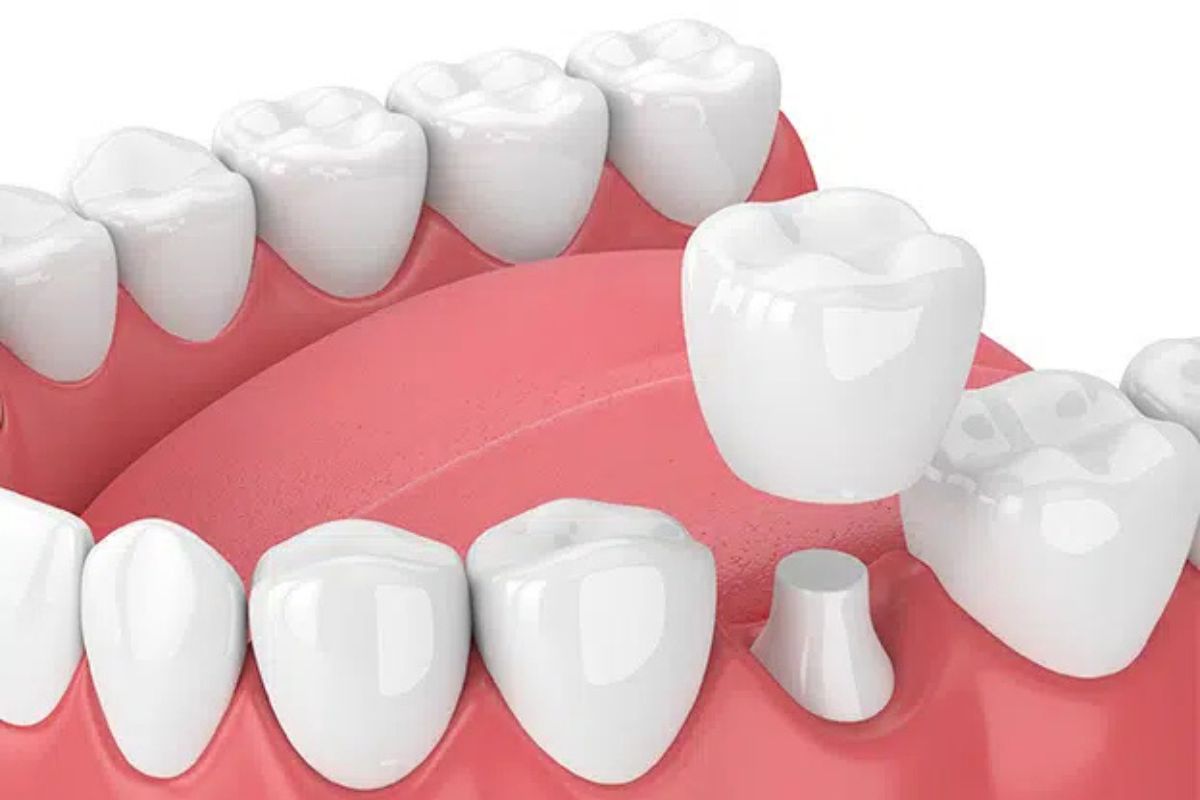
How to Know When Your Dental Crown Needs Replacement
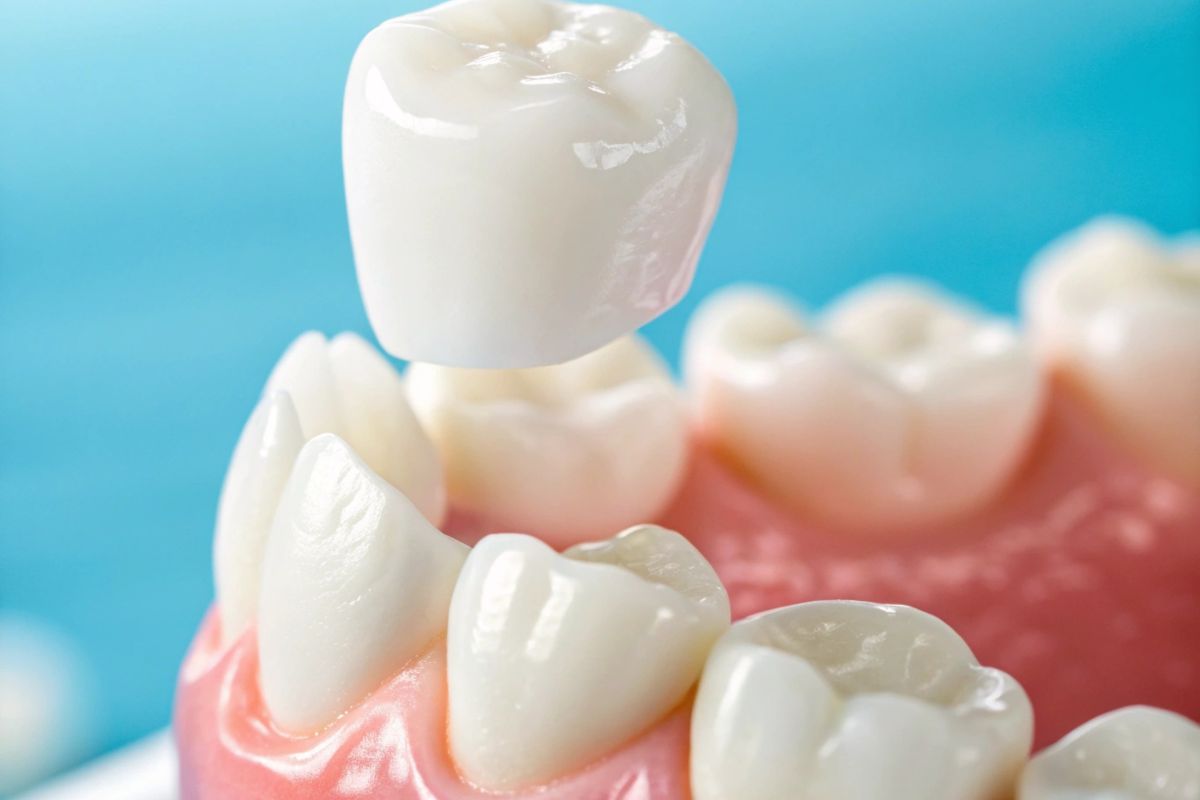
Dental Crown Problems & How to Fix Them
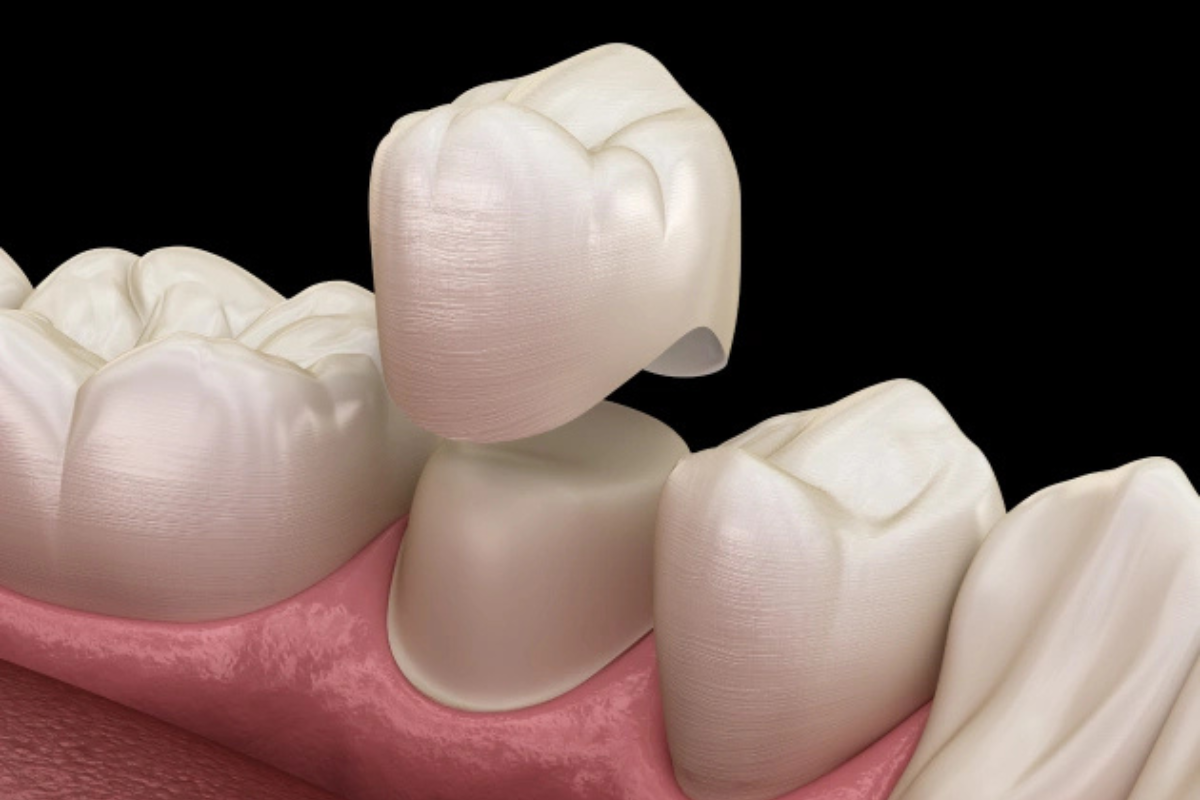
Caring for Your Dental Crowns: Do’s and Don’ts
